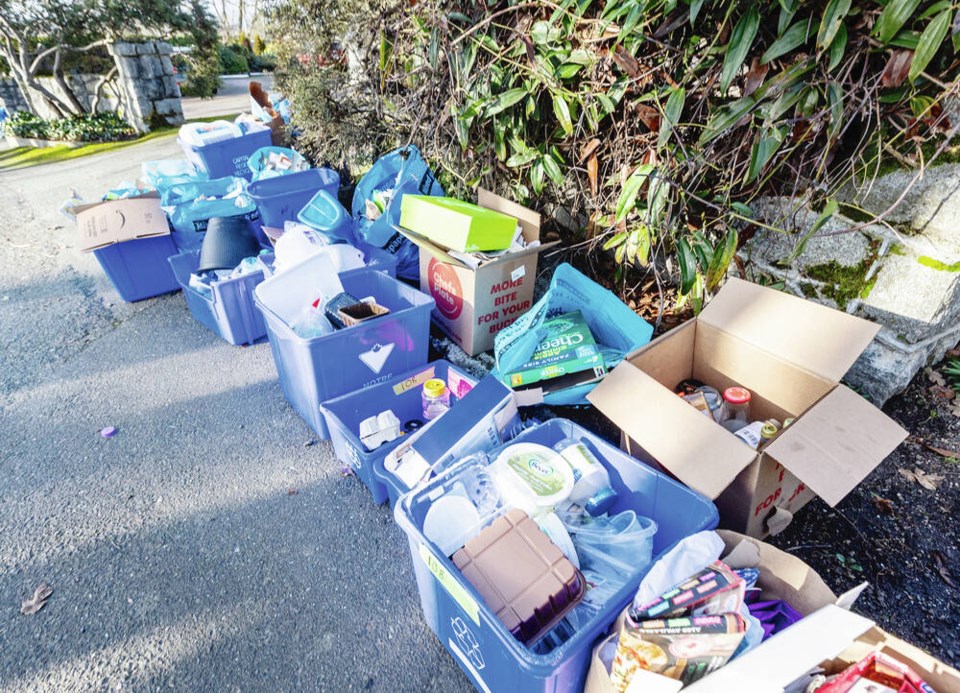Last week I looked at the 1977 Science Council of Canada report “Canada as a Conserver Society.” The report recommended “Canadians as individuals, and their governments, institutions, and industries, begin the transition from a consumer society preoccupied with resource exploitation to a conserver society engaged in more constructive endeavours.”
As opposed to a consumer society, stated the report, a conserver society “promotes economy of design of all systems, i.e., ‘doing more with less’; favours re-use or recycling and, wherever possible, reduction at source; questions the ever-growing per capita demand for consumer goods, artificially encouraged by modern marketing techniques, and recognizes that a diversity of solutions in many systems, such as energy and transportation, might in effect increase their overall economy, stability, and resiliency.”
Regrettably, we did not make that transition and have lost the opportunity for the gradual transition that was called for. Fifty years later, the hole we have dug for ourselves is now much deeper, and thus the transition must be faster and the rate of change steeper; we now need not just a gradual transition but a rapid transformation, and one that addresses not only the ecological realities we face, but the social realities too.
Chief among the latter, as UN Secretary General Antonio Guterres stated in February, is that “Extreme wealth and extreme poverty rage on. The gulf between the haves and have nots is cleaving societies, countries and our wider world.”
So I was glad to see that in calling for the transition, the authors of the Science Council report added: “Ideally, Canada could provide the leadership necessary to work toward more equitable distribution of the benefits of natural resources to all mankind.” It is that more equitable distribution I begin to address this week.
Now, any time I raise the issue of a more equitable distribution of wealth and income it leads to accusations this is socialism or communism and that, as one recent letter writer to this paper put it, “‘climate justice’ sounds too much like a giant income redistribution scheme.” But what this view fails to recognize is that capitalism is itself a giant income redistribution scheme, transferring money from the poor to the rich.
In a November 2019 column I noted that Bruce Boghosian, a professor of mathematics at Tufts University, reported in an article in Scientific American that “far from wealth trickling down to the poor, the natural inclination of wealth is to flow upward, so that the ‘natural’ wealth distribution in a free-market economy is one of complete oligarchy” — a situation in which one person owns everything. Importantly, he adds, “it is only redistribution that sets limits on inequality.”
So to be clear, when I talk about redistribution, it is because we need to set limits on inequality in the context of a finite planet where excessive resource consumption and pollution by the wealthy makes it impossible for the poor to meet their basic human needs.
That is what I meant when I wrote last week that neoliberalism is inhumane, which the Oxford Dictionaries define as “without compassion for misery or suffering; cruel.” Neoliberalism puts money before the wellbeing of people, communities and nature, even though the latter underpins the wellbeing and indeed the very survival of people. In viewing these as ‘externalities,’ it denies people their humanity and their right to exist.
The great transformation to a conserver or sustainable society that we must undertake must be socially just not only for the present global population, but for future generations and for other species, so that all can thrive on this one small planet that is our only home.
Last fall, I began exploring the proposals for a just transformation in the Club of Rome’s Earth For All framework. The authors note in their opening chapter that “the long-term potential of humanity depends upon civilization … undergoing five extraordinary turnarounds within the coming decades.” The first three of those turnarounds are focused on inequality: Ending poverty globally, addressing gross inequality within nations and empowering women.
I addressed the first of these in my Dec. 4 column, but did not complete my review of the remaining turnarounds. Next week, I will pick up where I left off.
Dr. Trevor Hancock is a retired professor and senior scholar at the University of Victoria’s School of Public Health and Social Policy
>>> To comment on this article, write a letter to the editor: [email protected]



